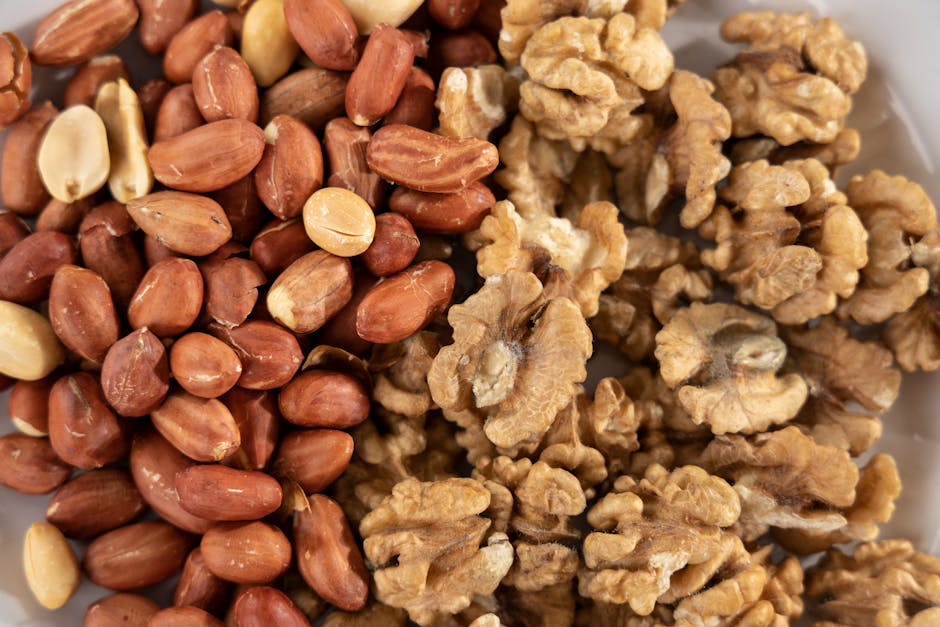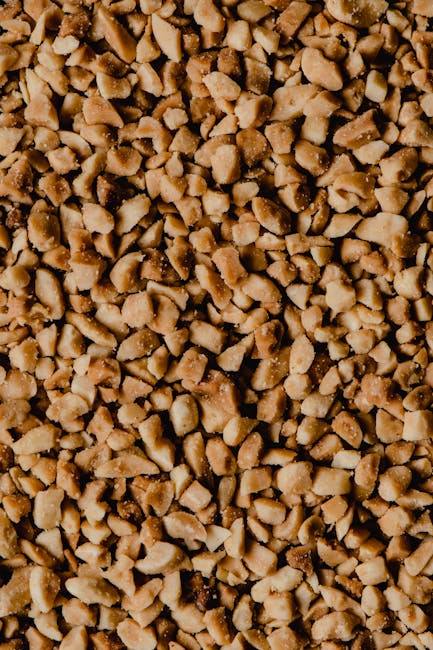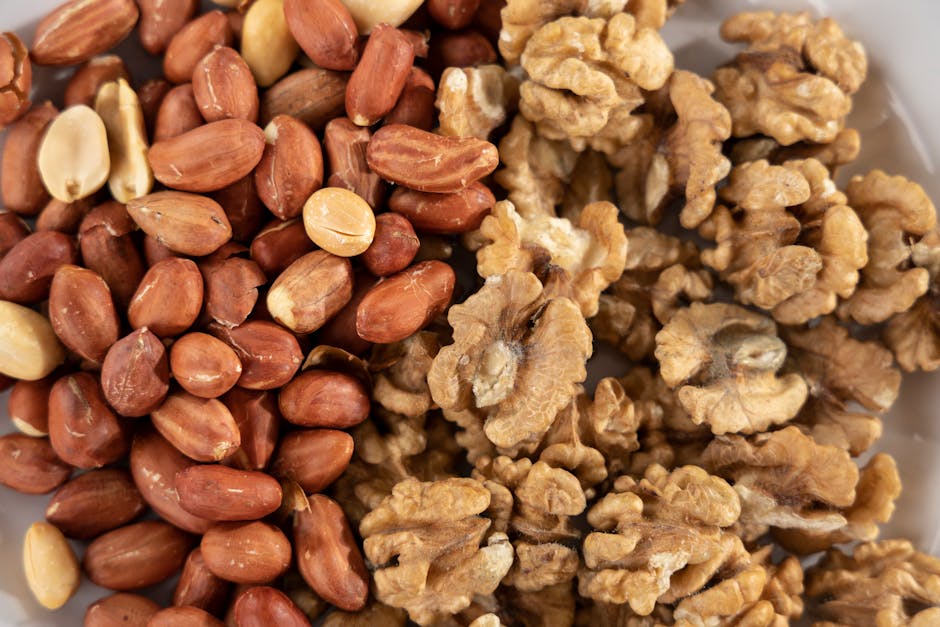The Annoying Oil on Shelled Nuts: Identification, Removal, and Prevention
Ever cracked open a perfectly good nut, only to find it coated in a sticky, irritating oil? This frustrating experience is more common than you might think. The oily residue can range from slightly tacky to completely saturated, rendering your snack unenjoyable and sometimes even causing skin irritation. This article delves into the reasons behind this oily phenomenon, identifies the culprits, explores effective removal techniques, and offers preventative measures to ensure your nut-eating experience remains a pleasurable one.
Understanding the Source of the Oil
The oily substance you find on shelled nuts isn’t just random; it’s a natural byproduct of the nut itself. Several factors contribute to the release of this oil, impacting the intensity and visibility of the issue:
- Nut Variety: Certain nuts are naturally oilier than others. Pecans, walnuts, and macadamia nuts are notorious for their higher oil content, making them more prone to this issue.
- Maturity Level at Harvest: Nuts harvested too early or too late can have a higher oil content. Optimal harvest time ensures the right balance of moisture and oil, minimizing excess seepage.
- Storage Conditions: Improper storage is a major culprit. Heat, humidity, and exposure to light can accelerate oil release, leading to a sticky mess. Nuts stored in warm, humid environments break down faster, releasing more oil.
- Processing and Handling: The way nuts are processed and handled after shelling also plays a role. Damage to the nut’s surface during processing can facilitate oil leakage. Rough handling increases the chances of breaking the nut’s natural protective barrier.
- Rancidity: Over time, the oils within nuts can become rancid. This process intensifies the oil’s presence and alters its smell and taste. Rancid nuts are not only unappetizing but may also be harmful to your health.
Identifying the Culprit: Which Nut is the Offender?
While many nuts can exhibit this oily characteristic, some are more likely offenders than others. Let’s examine a few common culprits:

- Pecans: Known for their rich, buttery flavor, pecans also have a high oil content, making them particularly prone to oil leakage.
- Walnuts: The high unsaturated fat content in walnuts contributes to their oiliness. English walnuts, in particular, can be quite oily.
- Macadamia Nuts: These premium nuts are high in monounsaturated fats, which contribute to their luxurious texture but also make them prone to oil release.
- Brazil Nuts: While not as consistently oily as the nuts listed above, Brazil nuts can also exhibit this characteristic, especially if stored incorrectly.
Effective Methods for Removing the Annoying Oil
Dealing with oily nuts can be frustrating, but thankfully, several methods can help alleviate the problem:

- Paper Towel Absorption: The simplest method involves gently dabbing the nuts with a paper towel to absorb excess oil. This is most effective for nuts with only a slight oil coating.
- Low-Heat Baking: Spread the nuts in a single layer on a baking sheet and bake at a low temperature (around 200°F or 93°C) for 5-10 minutes. This can help reduce oiliness without compromising flavor. Monitor carefully to prevent burning.
- Air Drying: Spread the nuts in a single layer on a clean surface in a cool, dry, and well-ventilated area. Allow them to air dry for a few hours or overnight. This gentle method is suitable for nuts with a minimal oil film.
- Freezing (for long-term storage): Freezing nuts before shelling can help to reduce oil issues in some cases. The cold temperatures can slow down the oil’s release and may help to preserve the nuts for longer.
Preventing Oily Nuts: Storage and Handling Best Practices
Prevention is always better than cure. By adopting the following storage and handling practices, you can significantly reduce the chances of encountering oily nuts:

- Proper Storage Containers: Store shelled nuts in airtight containers in a cool, dark, and dry place. Avoid clear containers that allow light to penetrate.
- Refrigeration or Freezing: For long-term storage, refrigeration or freezing is recommended. This helps to slow down the oxidation process and minimize oil release.
- Purchase in Smaller Quantities: Buy nuts in smaller quantities to consume them before the oils become excessive.
- Check for Rancidity: Before consuming, check for signs of rancidity, such as a stale smell or off-flavor. Discard rancid nuts.
- Avoid Damaged Nuts: Choose nuts that are whole and undamaged, as broken nuts are more prone to oil leakage.
Health Considerations: Oil and Rancidity
While the oil in nuts is generally healthy, containing beneficial unsaturated fats, rancid oil is a different story. Rancid nuts can produce harmful compounds that can affect your health. Always check for signs of rancidity (off-smell, stale taste) and discard any questionable nuts.
Conclusion
The annoying oil on shelled nuts is a common issue with several contributing factors. By understanding the causes, employing appropriate removal techniques, and implementing preventative storage measures, you can enjoy your favorite nuts without the frustration of dealing with unwanted oily residue. Remember to prioritize proper storage to maintain nut quality and prevent the development of rancid oils.

